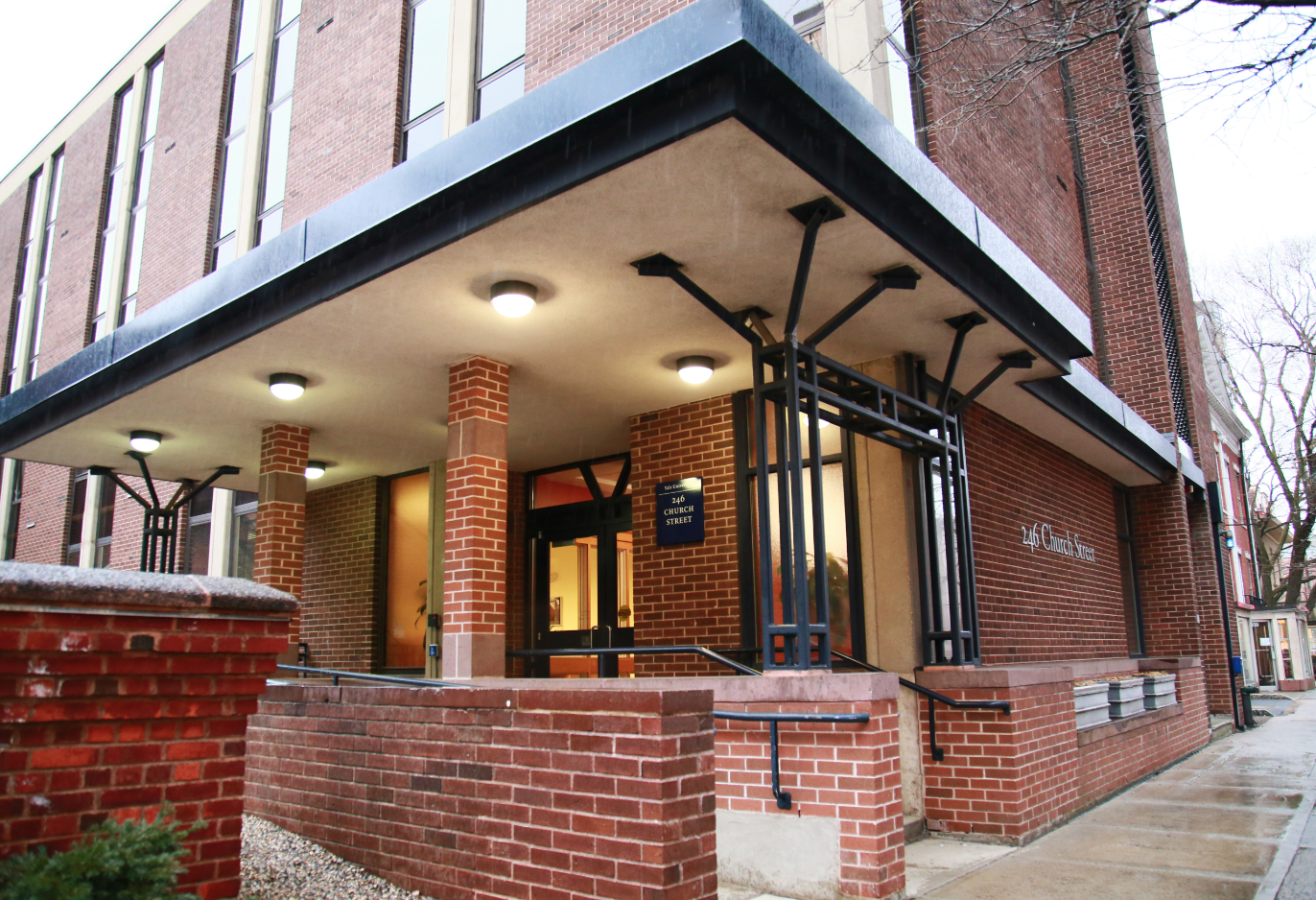
Dialogue between students and administrators over financial aid policy has continued into the spring following the University’s December announcement of reforms to the student summer income contribution.
Dean of Undergraduate Admissions Jeremiah Quinlan and Director of Financial Aid Caesar Storlazzi met last Thursday with Yale College Council President Joe English ’17 to discuss the next steps in financial aid reform. In December, Quinlan and Storlazzi, in conjunction with the YCC, hosted a town hall meeting in which they announced changes to Yale’s financial aid policies. The reforms, which will go into effect next year, include reductions in the student summer income contribution — summer earnings that students with financial aid are expected to contribute toward their tuition — as well as increased reductions for students with the highest need as defined by the University. The changes came following a YCC report published last January which called for the full elimination of the student summer income contribution and the student-employment expectation, which consists of earnings from a term-time job.
This semester, the YCC’s financial aid working group — a group of four YCC representatives — will have three meetings with the administration, and there will also be one or more open forums similar to the one in December, Storlazzi said.
“What we want to delve into are the comments and ideas that came out of the forum in December, and also, I think, to continue to address the conversation about student work on campus,” Storlazzi said. He added that future conversations with students will also center around how Yale’s endowment supports financial aid at Yale.
English said his meeting with Storlazzi and Quinlan mostly focused on how to engage a broader set of students on issues in financial aid policy. He said that other than hosting an open town hall meeting, a way in which the YCC is working to involve students in the reform process is through a financial aid “focus group.” English said the group would be composed of around 25 students from across the student body who would meet with administrators from the Provost’s Office and the Office of Financial Aid to discuss their concerns.
The YCC’s immediate goals in financial aid reform are further reducing the student summer income contribution, lowering the term-time expectation and establishing a “sliding scale” to calculate a student’s individual contribution based on need, English said. Under the current setup, upperclassmen with no expected parent contribution are expected to contribute $1,700 each summer; that figure is $2,600 for all other upperclassmen on financial aid. The amount is lower for freshmen to give students time to ease into the expectation.
Immediately following the announcement in December, students were generally grateful for the reduction but expressed a desire for further reform. At the town hall meeting, many students shared emotionally charged stories about difficulties that the expected student contributions have imposed on their lives at Yale.
English said the YCC has made good progress on improving communication between students and administrators about the University’s financial aid policies, which was one of the suggestions outlined in the January YCC report. To enhance transparency about financial aid, the Office of Financial Aid updated its website in the fall and redesigned the award letter it sends out to admitted students. The new letter features a clearer layout and more straightforward language.
“We look forward to building on the momentum of last semester’s student effort changes and revamped award letter,” Quinlan said.
The University’s current financial aid budget is approximately $122 million.







